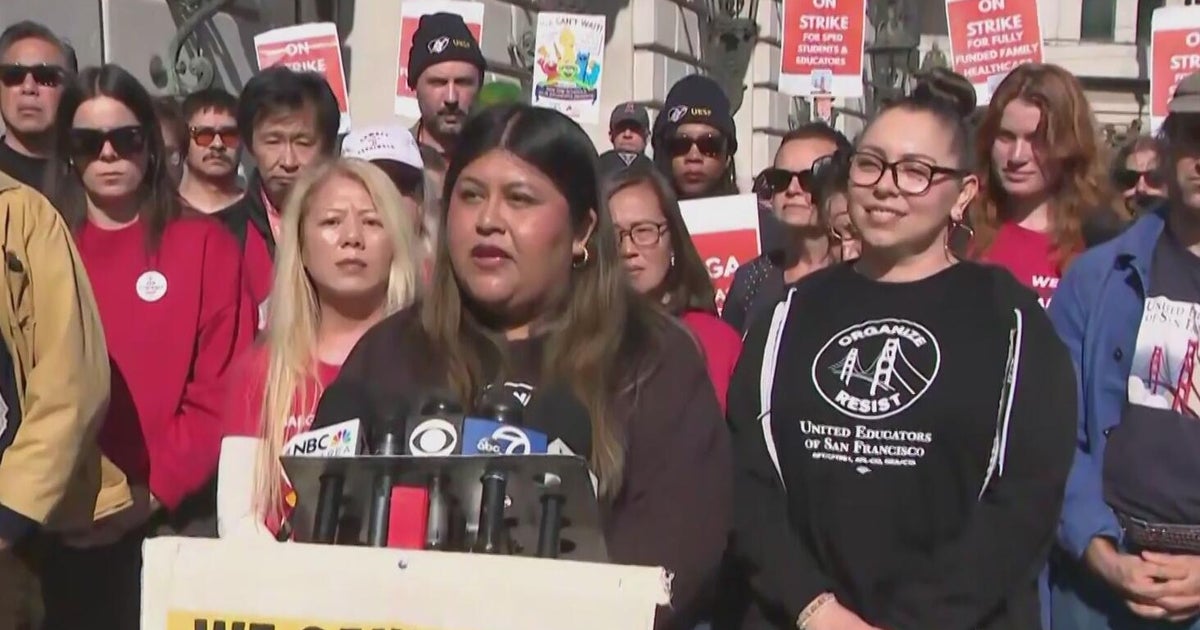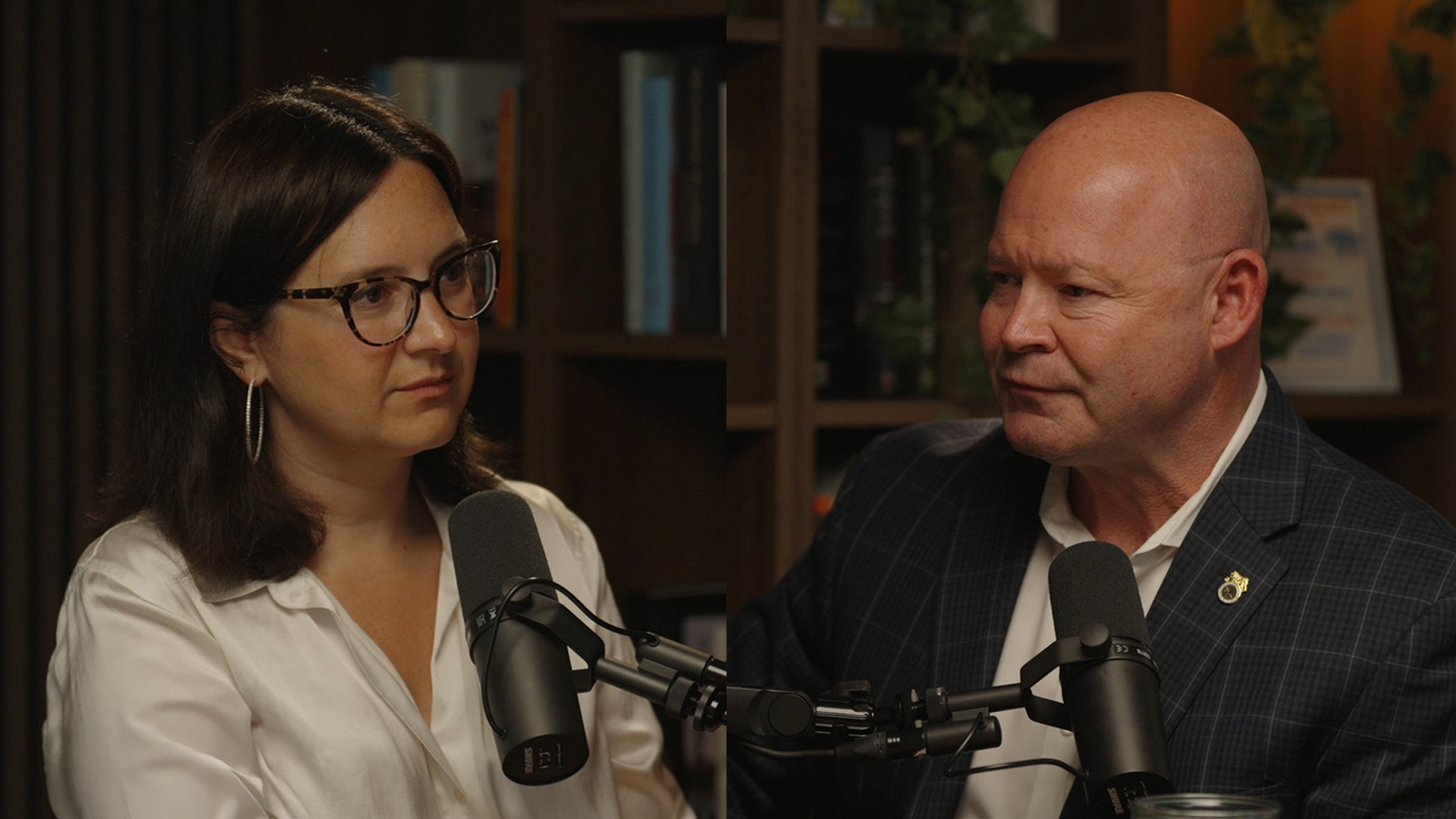Poll: Most Say Bush Iraq Plan Falls Short
Most Americans continue to want troops to start coming home from Iraq, and most say the plan President Bush announced last week for troop reductions doesn't go far enough, according to a CBS News poll released Monday.
While the president spoke of a long-term commitment to Iraq in his nationally televised address, a time frame longer than two years is not acceptable to most Americans. Still, most of those polled expect large numbers of U.S. troops to remain in Iraq for many years to come.
Sixty-eight percent of Americans say that U.S. troop levels in Iraq should either be reduced or that all troops should be removed - similar numbers to those before Mr. Bush's speech.
U.S. TROOP LEVELS IN IRAQ SHOULD BE…?
Now
Increased![]() 6%
6%
Kept same![]() 21%
21%
Reduced![]() 39%
39%
Remove all troops![]() 29%
29%
Pre-speech, 9/4-8/2007
Increased![]() 11%
11%
Kept same![]() 19%
19%
Reduced![]() 35%
35%
Remove all troops![]() 30%
30%
Nearly half want Mr. Bush to remove even more troops by next summer than he proposed in his address. Forty-seven percent say the plan to bring troop numbers down to pre-surge levels next year should go even further.
The poll also found that despite optimistic assessments of the U.S. troop surge by Mr. Bush and Gen. David Petraeus, the top U.S. commander in Iraq, Americans are unconvinced that the surge is working.
Only about one in three (31 percent) said the surge has made things in Iraq better, while more than half (51 percent) say it's had no impact. Eleven percent say it's made things worse.
Overall, Americans remain pessimistic about the war. Just 34 percent think things are going well for the U.S. in Iraq, while 63 percent say things are going badly - about the same as before the president's speech.
More than half of Americans (55 percent) believe that success in Iraq is unlikely, and nearly two-thirds (65 percent) think Mr. Bush's assessments of the situation there are too rosy.
A CBS News/New York Times poll released just before the president's speech found only one in five Americans were willing to allow U.S. troops to remain in Iraq for more than two years.
After The Surge: Views On The War In Iraq
Celebrities And Politics
Health Care And The Democratic Presidential Campaign
There is no greater appetite for that kind of long-term troop commitment now: just 22 percent would accept U.S. troops staying in Iraq for two years or more. Seventy-two percent want troops to remain there for less than two years.
There's a wide gap in the poll between what Americans would like to see happen, and what they think will happen. Just 34 percent think U.S. troops will be in Iraq for less than two years; most think they will be there longer.
KEEPING LARGE NUMBERS OF TROOPS IN IRAQ:
Want
Less than a year![]() 49%
49%
One to two years![]() 23%
23%
Two to five years![]() 12%
12%
Longer than five years![]() 5%
5%
Expect
Less than a year![]() 10%
10%
One to two years![]() 24%
24%
Two to five years![]() 31%
31%
Longer than five years![]() 27%
27%
The gap between hopes and expectations exists among Republicans, as well as Democrats. Forty-nine percent of Republicans are willing for troops to stay in Iraq two years or longer, but far more, 67 percent, expect them to remain that long.
President Bush's overall job approval rating remains at 29 percent, similar to what it was a week ago. His rating on handling the war in Iraq is holding at 25 percent.
Congressional Democrats don't fare much better on Iraq: just 31 percent approve of the way Democrats handling the war. Twenty-seven percent of Americans approve of the way Congress is handling its job overall, up slightly from last week.
On another topic, the poll found that Americans continue to lose confidence that the government will capture Osama bin Laden. In the wake of a new videotape from the terrorist leader, just 39 percent of Americans are now confident the U.S. will capture or kill him. A majority is not confident that will happen.
In October 2001, just after the 9/11 attacks, 70 percent were confident the U.S. would catch bin Laden.
This poll was conducted among a random sample of 706 adults nationwide, interviewed by telephone September 14-16, 2007. The error due to sampling for results based on the entire sample could be plus or minus four percentage points. The error for subgroups is higher.



